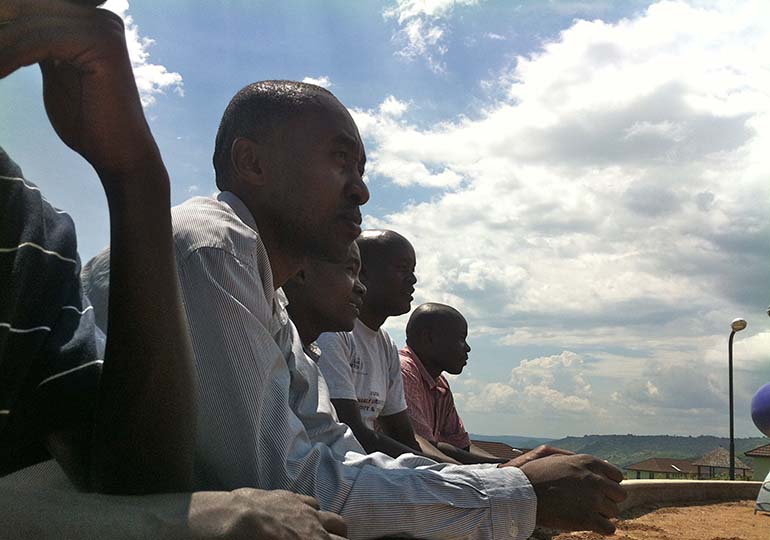Reflection when Implementing
What?
During the implementation it is also important to examine how the project relates to the qualities for joint knowledge production.
How?
- How collection of information (data) will be done, and who will do the work?
- How interpretation and analysis will be done, and who will do the work?
- How the work of report-writing will be done, and who will do it?
- What are the consequences of having different perspectives and sources of knowledge?
How is this dealt with in science and practice? - What is the division of work for data collection, analysis and writing?
- Which elements do we intend to collaborate on, and why?
- Which elements do we intend to work on individually, and why?
- What will we gain and what will we lose by doing what we have planned?
- How can we include different perspectives and ways of interpreting and understanding the data collected?
- Are there connections between different ways of interpreting and understanding data?
- Are there perspectives that have to be "abandoned" because they, for some reason, do not fit into the picture which is
emerging? - What have we learned from cooperating on the analysis?
- What are the results/answers to questions?
- Which results concern the participants' regular operations, and in what way?
- What else needs to be done so that more of those who are involved in these operations take an interest in the results
and their application? - Which knowledge and insights generated by the project are the most important, and how can they be transferred to
other contexts? - How can the application of relevant project results be spread locally, nationally and perhaps to the centre's other
platforms?
